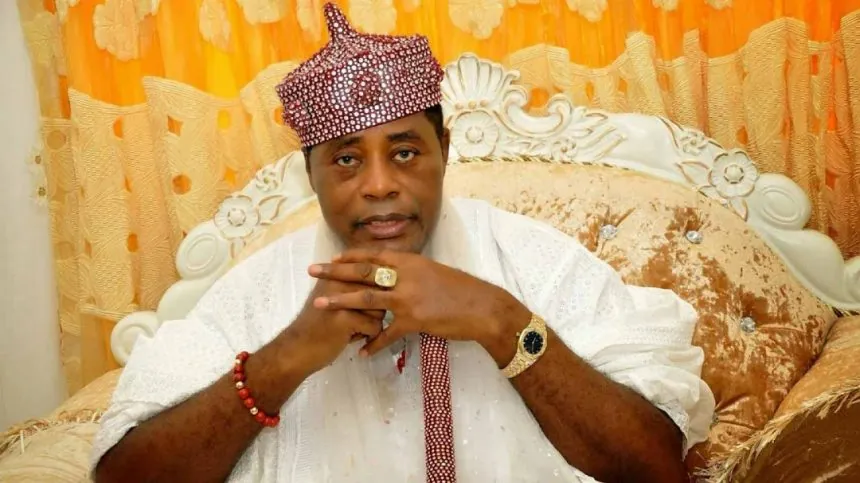Ugbos, Not Igbos, Are the First Settlers in Ife Kingdom — Monarch Clarifies

The Olugbo of Ugbo land in Ondo State, Oba Dr Frederick Akinruntan, has made a significant historical clarification regarding the origins of the ancient Ife Kingdom, asserting that the Ugbos, not the Igbos, were the original settlers of this culturally rich kingdom. This statement challenges some contemporary historical narratives that attribute the founding of Ife to the Igbos.
In a public statement released via his Chief Press Secretary, Prince Ademibo Akingboye, Oba Akinruntan cautioned against the spread of what he described as false narratives about the history of Ile-Ife. He warned that such inaccuracies, if institutionalized through academic and literary works, could distort the true history of the Yoruba civilization and the central role played by the Ugbo people.
“Beat the Pressure: A Comprehensive Guide to Lowering Blood Pressure Naturally.”
Buy book from Gumroad or Paystack
One of the contentious claims that the monarch disputes is the argument that the Yoruba monarchy was founded upon Igbo spiritual systems, and that Oduduwa, a key figure in Yoruba mythology and history, overthrew a peaceful Igbo civilization. This claim, according to Oba Akinruntan, wrongly implies that the identity of Ife is a hybrid created by the supposed displacement of the Ugbos by Igbos.
Oba Akinruntan supports his position by referencing respected Nigerian historians such as Professors Anthony Asiwaju and Isola Olomola. These scholars have concluded that the earliest inhabitants of the Ife region were indeed the Ugbos, not the Igbos. The monarch also points out that even renowned historians of Igbo descent — including Professors Kenneth Dike, Adiele Afigbo, and Elizabeth Isichei, who have extensively studied Igbo history — have never claimed that the Igbos founded Ile-Ife.
Further emphasizing the Ugbo connection to Ile-Ife’s origins, Oba Akinruntan explained that before Oduduwa’s emergence, the Ife Kingdom was known as Ugbomokun. Its central market was called Ugbo Akira, and the royal palace was known as Ule Ugbo. The Ifa corpus, a sacred Yoruba religious text, also references the rule of the Olugbo at Ife with the phrase “kutukutu oba ugbo, osangangan obamakin,” which translates to “the king of Ugbo presided in the beginning, Obamakin came later.”
The monarch expressed concern that if these misleading narratives were allowed to persist unchallenged, they could undermine the historical and spiritual significance of Ile-Ife as the cradle of Yoruba civilization. Moreover, such falsehoods risk diminishing the pivotal role of the Ugbo people in the pre-Oduduwa history of Ife and the broader Yoruba heritage.
Oba Akinruntan’s clarification calls for a reexamination of historical sources and urges scholars and the public alike to acknowledge the authentic origins of Ife. By doing so, the rich cultural legacy and identity of the Ugbos within Yoruba history can be preserved and respected.
This declaration comes amid ongoing debates about the origins of Yoruba civilization and the intricate histories of ethnic groups within Nigeria. It underscores the importance of careful, evidence-based historical scholarship in maintaining the integrity of cultural narratives and identities.
Tags: Igbo, Ile Ife, Ugbo, Yoruba History, Oduduwa, Nigerian Historians, Cultural Heritage
💔 “She said she loved me. And for fifty-two years, I believed her.” 💔
Buy The Book "The Longest Lie: A Husband’s Journey Through Love, Betrayal, and Redemption" From Gumroad






